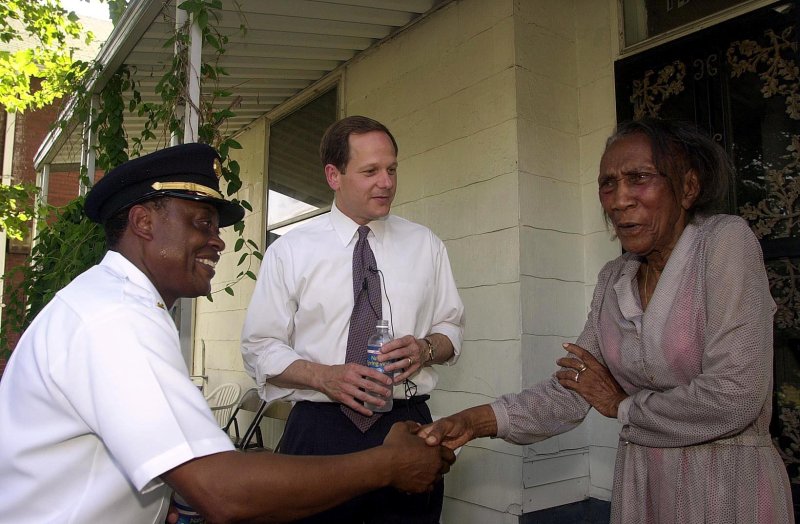DETROIT, April 27 (UPI) -- Elder exploitation -- such as telemarketing scams, fake home repairs, check scams and identity theft -- costs U.S. seniors $3 billion a year, researchers say.
Lead author Peter Lichtenberg, director of Wayne State University's Institute of Gerontology, in collaboration with Illinois Institute of Technology, said the study included 4,440 participants.















